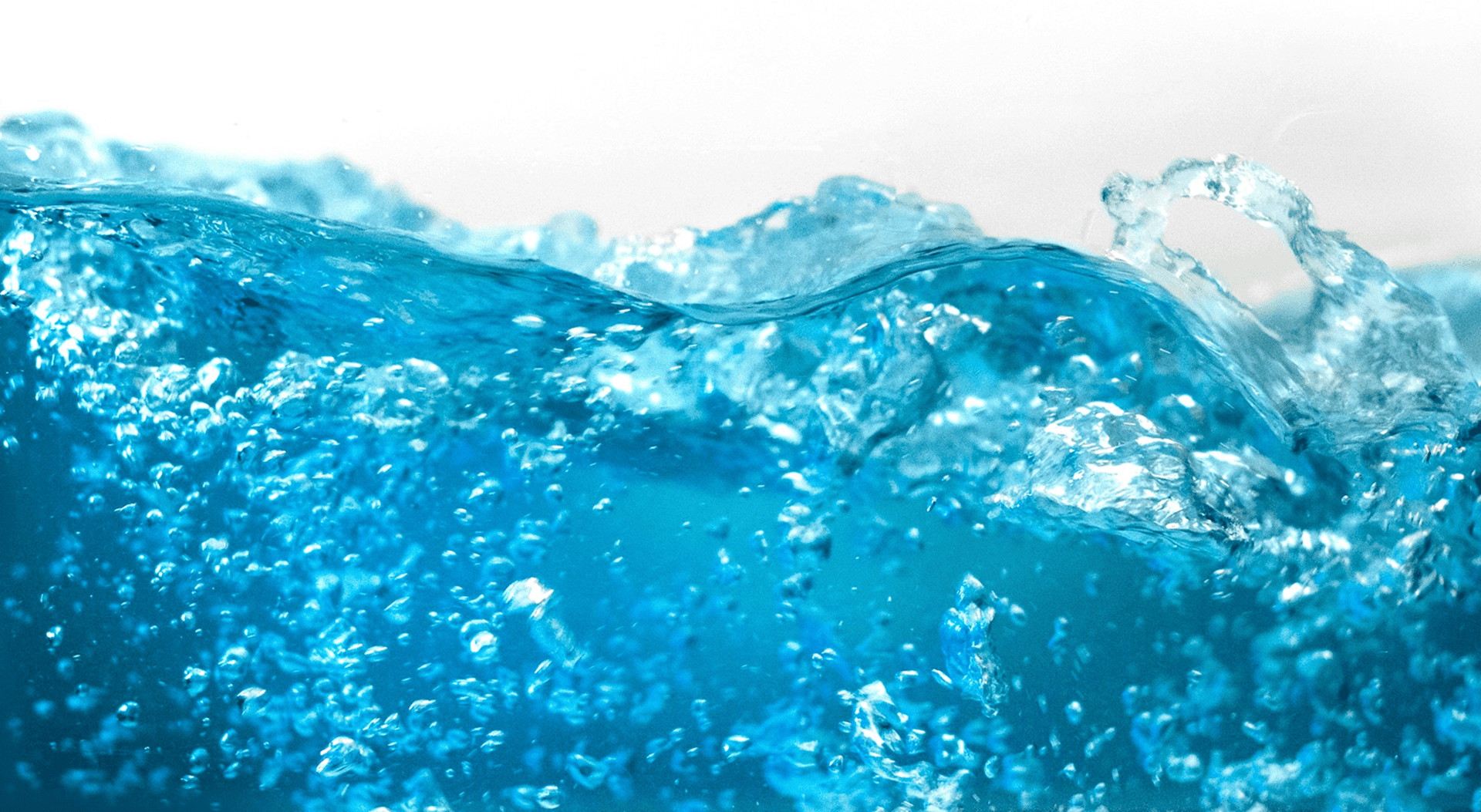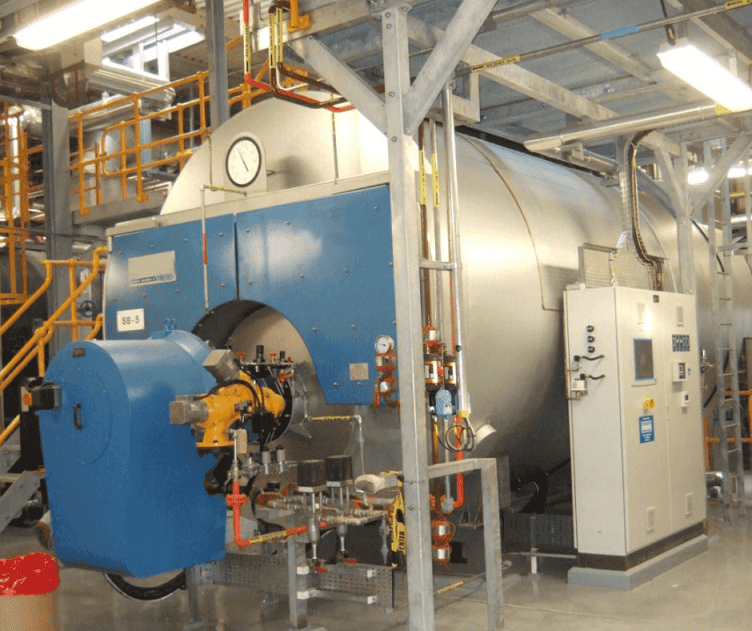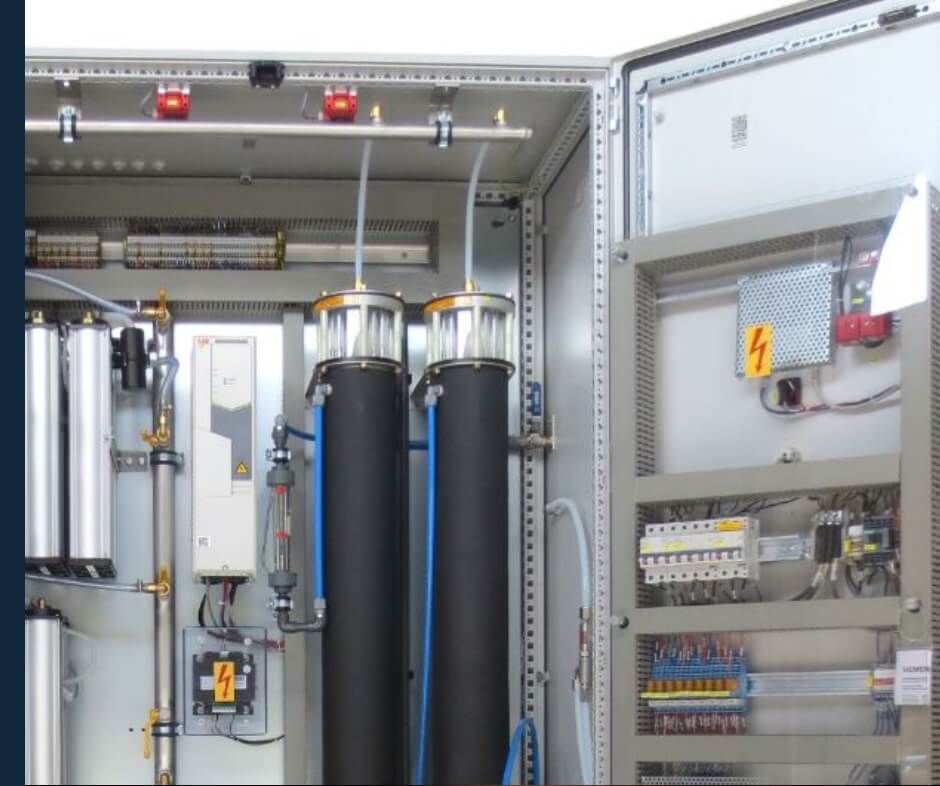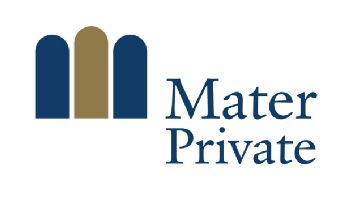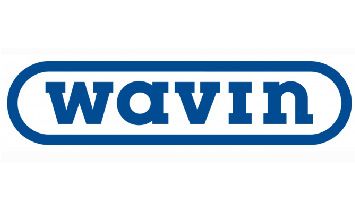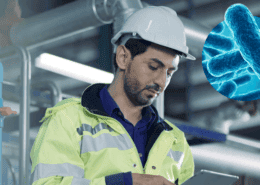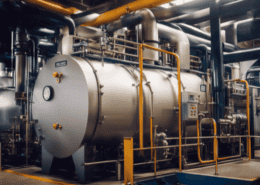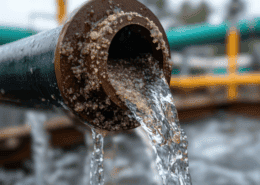Aquachem specialises in delivering innovative and sustainable water treatment solutions.
Our experienced team has over 40 years’ of technical experience in the water treatment industry and are committed to ensuring your peace of mind surrounding your water and water systems.
We offer an extensive range of water treatment services including the treatment of cooling towers, steam boilers and closed systems, along with water sampling, Legionella Risk Assessments and water tank cleaning . We are committed to delivering the highest quality services to our customers and provide innovative water treatment solutions with the use of water softeners and water filters. Our goal is to reduce water contamination and consumption, and ensure your water is safe.
We are exclusive distributers of Dosafil Duo devices in Ireland and have the full range of solid chemicals to allow you to have a more sustainable and effective water treatment plan.

